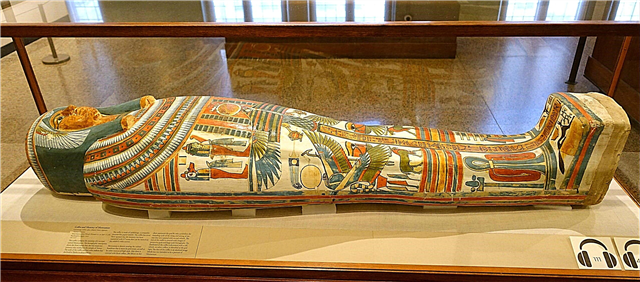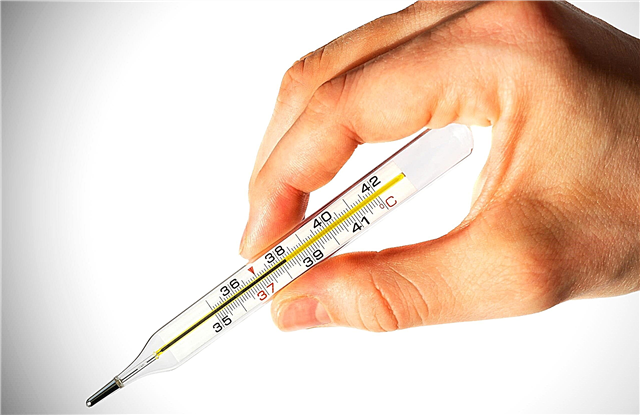
Enjoying the warmth of the sun, people are aware of its shortcomings - primarily for skin health. The warm rays of the sun accelerate aging, and every sunburn increases the risk of developing skin cancer.
Why can the sun be dangerous?

The sun sends electromagnetic radiation to the earth. It consists of ultraviolet rays, visible light and infrared radiation, that is, heat. Short-wave UV-B rays penetrating the epidermis can damage the nuclei of cells and cause skin cancer. UVA rays with a longer wavelength penetrate the skin even deeper. They can also provoke skin cancer, but more often cause allergies and accelerate the aging process. Infrared radiation enhances the formation of age spots.
Does time and location play a role in the sun?

There is good reason for a siesta - a long lunch break in the Mediterranean countries, because between 11 a.m. and 4 p.m. the sun is at its peak and sends about 50% of the daily dose of UV rays to the earth. Even clouds are irrelevant, because cloudiness scatters the sun's rays and intensifies UV radiation. In the mountains and at sea, it is especially dangerous: at an altitude of 1000 meters, UV radiation increases by 10-15%, and the surface of the water reflects the radiation, amplifying it.
What do dermatologists advise?
To prevent skin cancer, doctors recommend a three-step model: sunscreen, clothing, and avoiding excessive ultraviolet radiation.This means, for example: sports and other recreational activities should be carried out whenever possible in the morning or evening hours, and the body should be protected with clothing. And do not forget about sunscreen. Headgear is also very important. The skin on the head tans especially quickly if the hair is thin.
How to get enough vitamin D?
Sun protection is important, but the skin needs UV-B rays to produce vitamin D. Sunscreen absorbs enough radiation. Nevertheless, dermatologists recommend moderately basking in the sun and warn that in days of intense sun it is enough to walk to the store to get the necessary dose of sun.
Is it possible to prepare the skin for the sun?
Only a little. It makes sense to behave smartly: repeated short-term exposure to the sun, but so that even redness of the skin does not occur. Doctors advise to strengthen the defense from the inside: for example, tomatoes and peppers provide the skin with many protective antioxidants. In addition, green tea helps improve skin self-protection against UV radiation. But we must remember that products do not replace sunscreen, clothes and headgear.
How do sunscreens work?

They contain sun protection filters that block or absorb UV rays. Mineral filters act like tiny mirrors, reflecting radiation. Their action takes place immediately after applying the cream. Chemical filters usually take some time. They penetrate the skin and absorb harmful rays.In many products, both types of filters are combined.
How to find a suitable product?
The use of cream, oil, milk or lotion is not only a matter of taste, but also the needs of skin care and protection. Dry skin needs intensive care, it requires products with a high fat content. For sensitive skin there are hypoallergenic products without flavors, dyes and preservatives. If the skin is prone to acne, it is better to choose a product without fat and emulsifiers.
How to apply sunscreen?
If applied thinly or unevenly, sun protection will not be sufficient. Control can be considered 2 milligrams of sunscreen per 2 centimeters of skin. For the face, approximately one teaspoon of cream is required, at least for an adult. Calculate the specified protection time by slightly reducing it. After every two hours in the sun, apply the cream again - on all parts of the body. Do not neglect the areas of the neck and shoulder blades. If you have a bike ride, you should especially take care of your hands.
How do sunscreen products take care of your skin?
They supply the skin with hyaluronic acid, which the skin needs most on hot days. In addition, antioxidant ingredients strengthen the skin and counteract the photo-induced aging of the skin. Soothing agents, such as panthenol or carangi oil, prevent irritation from the sun.
Is only enough makeup for the summer weekdays?
Regardless of location, in the car or in the office, UV-A rays penetrate even through window glass. Many creams include a sun protection factor. Those who think about safety can combine makeup with a protective product.
What does the skin need after tanning?
To alleviate the condition of the skin, you need to wash off the products of protection. Now come in handy after tanning cream with components for regeneration - vitamins C and E or the soothing ingredients of witch hazel and calendula. An effective helper is aloe vera. An added pleasure is the thermal spray from the refrigerator.
In view of the fact that an excess of ultraviolet rays is harmful to health, one must take the issue of protection seriously, not sparing time and money.












